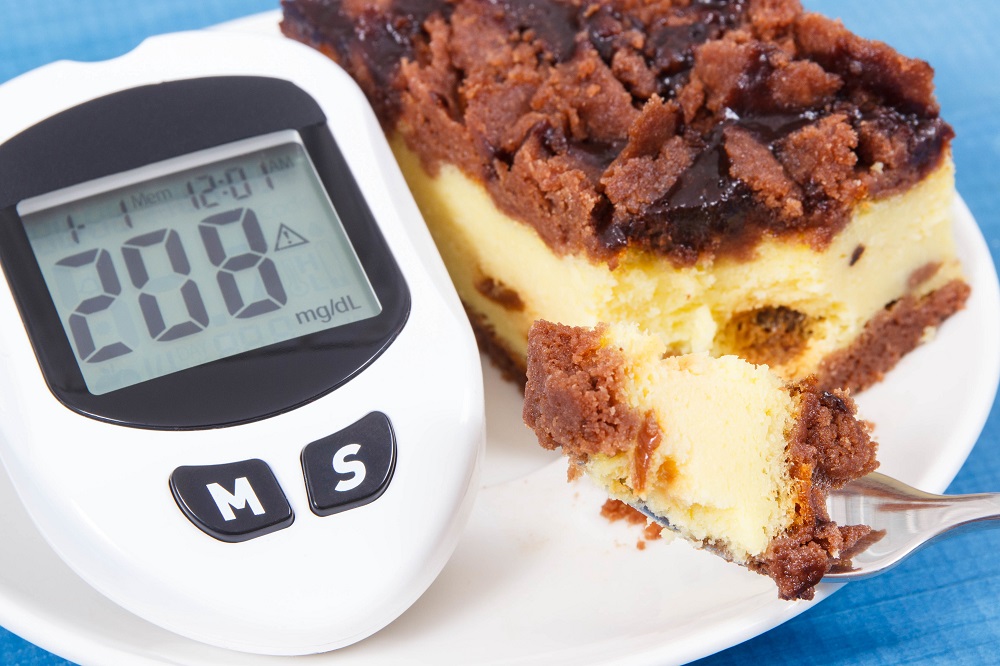Type 2 diabetes is a chronic condition that affects the way your body metabolizes sugar (glucose) — an important source of fuel for your body With type 2 diabetes, your body either resists the effects of insulin — a hormone that regulates the movement of sugar into your cells — or doesn’t produce enough insulin to maintain normal glucose levels.
Type 2 diabetes used to be known as adult-onset diabetes, but today younger population are being diagnosed with the disorder, probably due to the rise in obesity. There’s no cure for type 2 diabetes, but losing weight, eating well and exercising can help manage the disease. If diet and exercise aren’t enough to manage your blood sugar well, you may also need medications.
WHY DIET IS IMPORTANT IN DIABETES
Primary goals of dietary management in individuals with diabetes are to:
- Attain desired blood glucose levels
- Prevent or reduce the risk of complications of diabetes.
- Achieve target lipid levels that reduces the risk of cardiovascular disease.
- Control the blood pressure levels.
- Reduce excess body weight
- Personalize individual nutritional needs, taking into the consideration the individuals food habits and the family diet pattern, cultural preferences and lifestyle.
- Promote overall health through good nutrition (balanced diet) so as to enhance quality of life.
- Dietary modifications for diabetic individuals should be implemented by prioritizing these goals.
Type 2 diabetic diet include complex carbohydrates such as brown rice, whole wheat, quinoa, oatmeal, fruits, vegetables, beans, and lentils. Foods to avoid include simple carbohydrates, which are processed, such as sugar, pasta, white bread, flour, and cookies, pastries.
.




